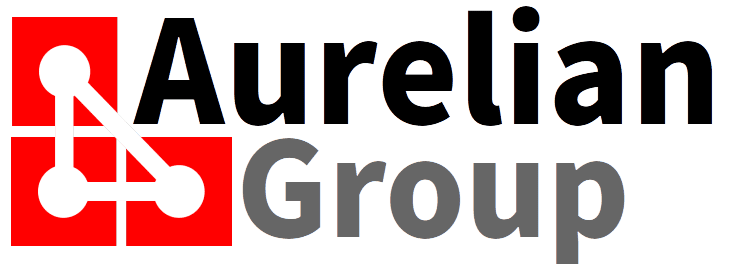What is the most important thing to focus on when selecting a business application? Hands down, it is outcome. Yet we seem to be conditioned to focus on features. Features don't deliver anything, unless you use them - and used features may not lead to the outcome you need. Why are we focused on features? They are easy to compare. Simple - buy X, and I get these features for that price., by Y, and I get those features for a lower price. But all roads lead to Rome, you there are multiple ways in which you can achieve an outcome - a list of features is nothing but one route you could take (leading all the way to the desired outcome, or with a few road-blocks you need to navigate). Instead of the route, why not focus on the destination? What outcome we need to achieve is first and foremost the reason we are looking for a business application to automate the process, right? Right - yet we still focus on the features, and we still are surprised we don't get the outcome. Here are three elements on how to write your requirements in such way that you will focus on what you need to achieve.

The Triple A user story
We used to write requirements from the system perspective - i.e. "the system shall" or "the system must". The results of these requirements is... you guessed it, a feature list. Features only lead to an outcome if they are used, and useful. These two do not go hand in glove - a useless feature is often still used, because "it is process" or "we have always done it this way". Often, such features become the requirement for the new system. A useful feature to have may not be used, because it isn't available, or it wasn't on the list of requirements because "we did not know, our current system does not do this".
It is better to write from a user perspective - a triple A user story. The three A's stand for Actor (the user), Action (the task), and Achievement (the outcome). And as in a great movie plot - if it does not lead to a satisfactory outcome, the actors and actions are irrelevant to the story.

The Actor
A user story has an actor, someone who does something - without an actor, nothing happens. It is important to identify the actor, in order to generate "empathy" for the user. For example - if the actor is identified as a website visitor, then you empathise with the fact that this particular actor may not know all the ins and outs of the business jargon or process. If the actor is an employee, you can assume some basic (or more advanced) knowledge of the process and jargon is available, and you want this user to be as productive as possible. The actor matters, but can be interchanged. For example, if currently your accountant does the invoicing, it does not matter to your customer if this is done by the sales manager in the new setup. Actors are interchangeable - the outcome isn't.

The Action
An actor sitting around doing nothing does not achieve anything, we need action. Action is the "act" of completing a task. Without action, nothing ever happens. But, as with the actor, the action is interchangeable to another action. If an outcome can be achieved by changing the actor, you may also achieve a same or similar outcome if you change the action. For example, you can take the car to get somewhere - you could also take the bus. Different action, same outcome. Therefore, when writing your user stories, be aware that neither the actor, nor the action are leading. They are mere vehicles to get the story to evolve to the state, the outcome, you want to achieve.

The Achievement
An achievement only matters, if the outcome matters - and an outcome matters, only if it matters to your customers. The customer is the ultimate beneficiary of your achievements - whether it is in making the interaction with your business easier, your product better, or your employees happier and more productive - ultimately, it benefits your customer. And that benefit only matters to your customer IF it somehow translates into a benefit to their customers. Follow this chain to the consumer.
Unlike the actor and action, the achievement is not so easily swapped for something else. The achievement, the outcome, is strategic. It is aligned with your brand. Certainly, you can offer different outcomes that make your customers successful, but there are only so many that fit with the organisation's brand and culture.
Bringing it together
To get a system that truly serves your customers, then start writing stories with the customer outcome in mind. Stop writing requirements from a systems perspective - the system is not your customer. Write triple A user stories:
- Actor - the user who needs to do something to achieve an outcome
- Action - the task that needs to be completed to achieve an outcome
- Achievement - the outcome that needs to be achieved by the user completing the task - it is the purpose of the action
